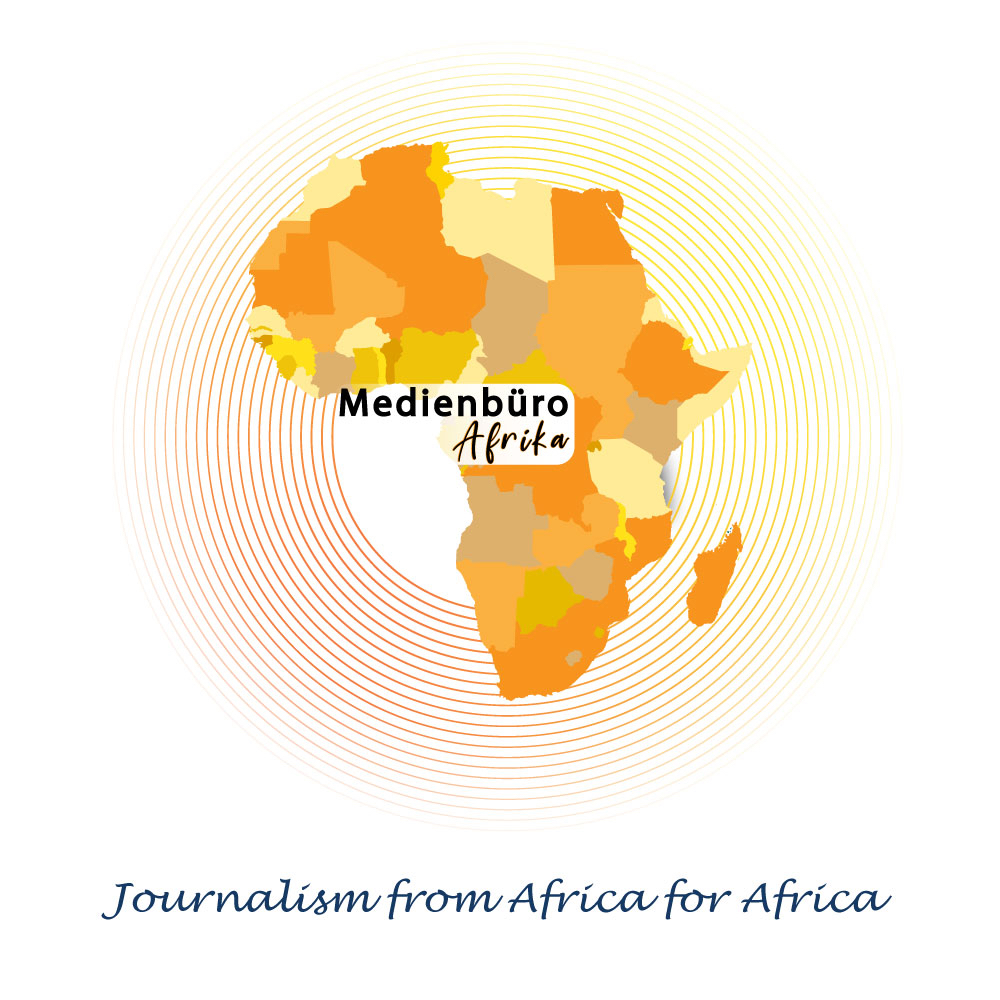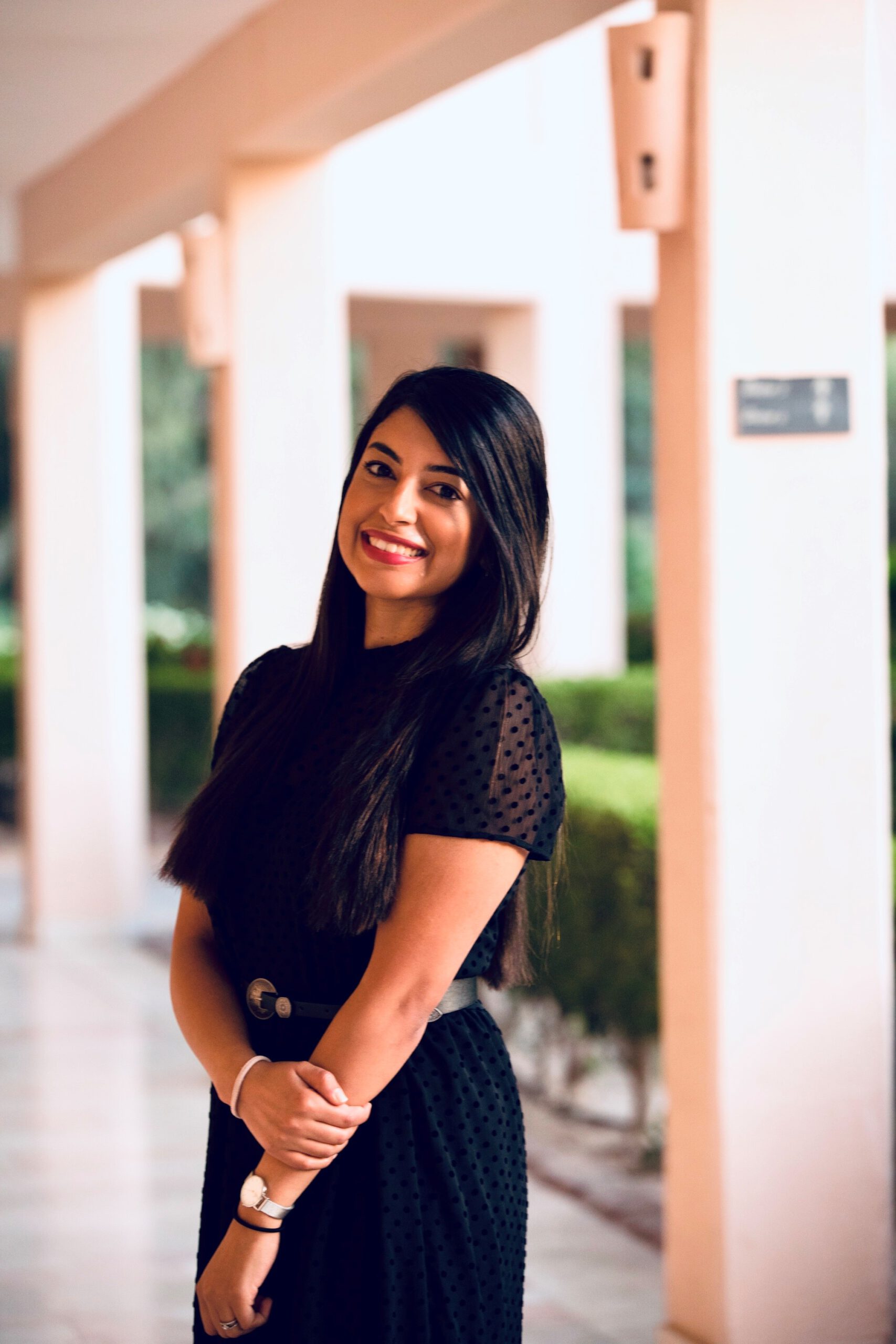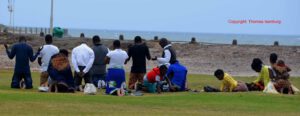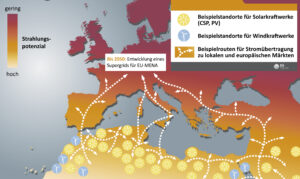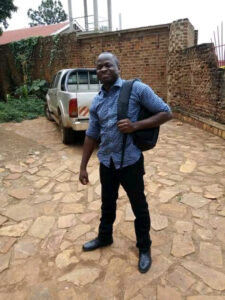- Who is Rajaa Hatim?
Born in 1992, Rajaa Hatim studied at The Higher International Institute of Tourism in Tangier, Morocco where she graduated with a master’s degree in business and Tourism Management.
Based in Casablanca, Morocco, Rajaa is currently Communications Manager at Siemens Gamesa Renewable Energy for the African and Middle East region. Before the merger of Siemens Wind Power and Gamesa in 2017, she oversaw the communication for the Tangier blade plant, the first in Africa and Middle East.
Siemens Gamesa is a leading supplier of wind power solutions to customers all over the globe. A key player and innovative pioneer in the renewable energy sector, Siemens Gamesa installed over 107 GW in 75 countries. In Africa, the company counts close to 4 GW installed capacity with leading positions in South Africa, Egypt and Morocco, Tunisia and Mauritania.
She supports the business through the promotion of the wind industry in the 10 countries where Siemens Gamesa operates today and, in all Africa and Middle East region, through internal and external communication as well as public affairs and social commitment activities.
- What is special about the communication job in an international group?
When you join a multinational, you learn how organizations function at different levels, in each region of the world where the company operates, and in the process, you inevitably end up in a multicultural environment. You work together with people from different countries with different backgrounds, forcing you to reevaluate the way you see the world. You’re constantly learning new terminology, business practices and techniques to develop the company and yourself as a professional. Broadening your horizons and working for a global company such as Siemens Gamesa can come with new challenges, but it also helps you grow and allows you to expand professionally in ways you couldn’t if working for a smaller company.
The culturally diverse work environment gives you new insights and is also good for your language skills.
I am fortunate to be part of Siemens Gamesa, where fostering an inclusive company culture that welcomes different perspectives and allows for every employee to have a full sense of belonging within our organization remains one of the top priorities. With over 25 000 employees spread across 90 countries, I can say with confidence that we draw strength from our differences.
As an African Muslim woman, I truly believe that by embracing diversity across all spectrums, including, but not limited to, gender and gender identity, ethnicity, religion, age, disability, nationality, family or marital status, or sexual orientation, we are stronger personally and professionally and thus, are a great asset to our company and society.
- Are there differences in communication with African, Arabic or European media?
The renewable energy industry is driven by continuous innovation and is therefore evolving rapidly. Thus, the media is an important asset when it comes to promoting clean energy, making information more accessible to the public that will naturally feel less alarmed around wind farms.
However, clean energy is also a young and controversial sector, particularly in Africa and the Arab world. Communicating on it requires deep awareness of its technical language, terminology, processes and technologies as well as the ability to digest and decrypt it all into the simplest language.
When communicating with European media, you do get a sense of their advanced knowledge of the field. They are more self-driven in researching and documenting on the different success stories and challenges that the sector faces. Having said that, we are fortunate to have a good selection of African and Arab media with whom we collaborate with and that are true believers in t renewable energy and in how communicating on the different milestones and projects can help showcase the countries’ ambitions and goals as well as our company’s role in making that happen.
- How do you see the development of Siemens Gamesa in Africa?
About 600 million Africans still do not have access to power, equivalent to no more than 16% in rural areas. The continent’s population is growing rapidly, and its economies are developing and diversifying.
Africa has the potential and the ability to utilize its renewable resources to fuel much of its future growth with renewable energy. Doing so would be economically competitive with other solutions, would unlock economies of scale, and would offer substantial benefits in terms of equitable development, local value creation, energy security, and environmental sustainability.
Fortunately, many African countries now have ambitious renewable energy plans in place, and actively pursue the United Nations Sustainable Development Goals. Examples include Egypt, which has committed to source 42% of its total electricity from renewable energy by 2035 or Morocco with its renewable energy target of 52% by 2030. Meanwhile, South Africa plans to install an additional 3.3 GW of wind energy capacity over the next five years covering close to 20% of electricity consumption in the country.
With a 59% market share in Africa, Siemens Gamesa has been leading the development of the continent’s key wind markets such as South Africa, Egypt, Morocco, Mauritania, Kenya, Mauritius, Algeria and Tunisia for over 20 years now. As these markets continue evolving into maturity, we are also committed to accelerating further the energy revolution in emerging markets as is the case with our recent market breakthrough in Djibouti the country’s first 59MW wind farm and our latest market entry in Ethiopia with the installation of the 100MW Assela wind farm.
Its blade factory in Tangier (Morocco) represents a commitment to the sustainable future of the entire region, being the first blade plant on the African continent.
In total, Siemens Gamesa has installed close to 4 GW of wind capacity supporting the reduction of over 10 million tons of CO2 emissions equivalent to 150 million trees that would need to be grown annually to avoid the same amount of CO2 savings.
Energy access rates are the lowest in the world in Africa and electricity costs are among the highest. Fast growing economies and populations are increasing energy demand and Siemens Gamesa is determined to be at the forefront of driving the sustainable energy revolution on the continent.
- What could the media do to speed up the development of first-class wind sites? The potential is gigantic!
As the renewable energy industry is fairly young, it is clear that media plays a huge role in the development of this rapidly evolving sector.
Most people outside of the energy industry view renewable energy as the solution to the climate crisis the world is facing, but the truth is, the public support of ‘clean’ energy is not as unconditional as the industry hopes for due to the lack of common knowledge of renewable energy production and processes. That can easily act as a strong motivation to oppose a renewable energy development. In addition to that, to further strengthen wind power development, policy makers and investors need to be aware of the latest technological advances in the field. That’s where the media can and should aid consumer intelligence by investing in building the capacity of development journalists to understand and relay information on renewable energy technologies and policy measures as well as empowering our media to decode complex technical details into simple wording that everyone understands and identifies with.
To achieve this, the media must first be trained to have a broad understanding of the sector on all levels. This will enable them to be more analytical when reporting on all related to the renewable energy field, that includes researches, studies, investigations, targeted reporting and an adapted way on how to best promote the success stories.
Media can be extremely effective in making a global crisis feel more like a personal problem which we must address holistically, therefore, creating a sense of social acceptance of renewable energy projects.
The renewable energy sector needs, today more than ever, media support to be able to reach all types of audiences and speed up the development of wind energy. Modern technology and creative advancement in media could truly benefit the industry.
- What do you recommend to young Arab women when planning their careers?
I recommend perseverance, determination and passion about whatever it is you end up choosing as a career. Globally, but particularly in the Arab culture, women are taught from a young age to either prioritize marriage and kids or else, to know exactly what you wish to do at an early age, with the condition that it isn’t too “’manly’. From my own experience, you don’t have to limit yourself to culture, traditions or what the generations before have endured, you are the artist of your life so don’t give the paintbrush to anyone else. You have to trust in your capacities, let go of your comfort zone, create the opportunity for yourself rather than waiting for it to come to you and most of all, be confident that you are smart and capable of doing anything you want to do in this life.
Fortunately, we live in a world today that is all about promoting women and empowering them to take a stand. So set the example for yourself and for all women that will follow, be the inspiration you wished for yourself. As an Arab woman, you face a large number of challenges personally and professionally, but that should be the drive to keep fighting and working even harder to achieve your goals.
Interview: Dr. Thomas Isenburg
